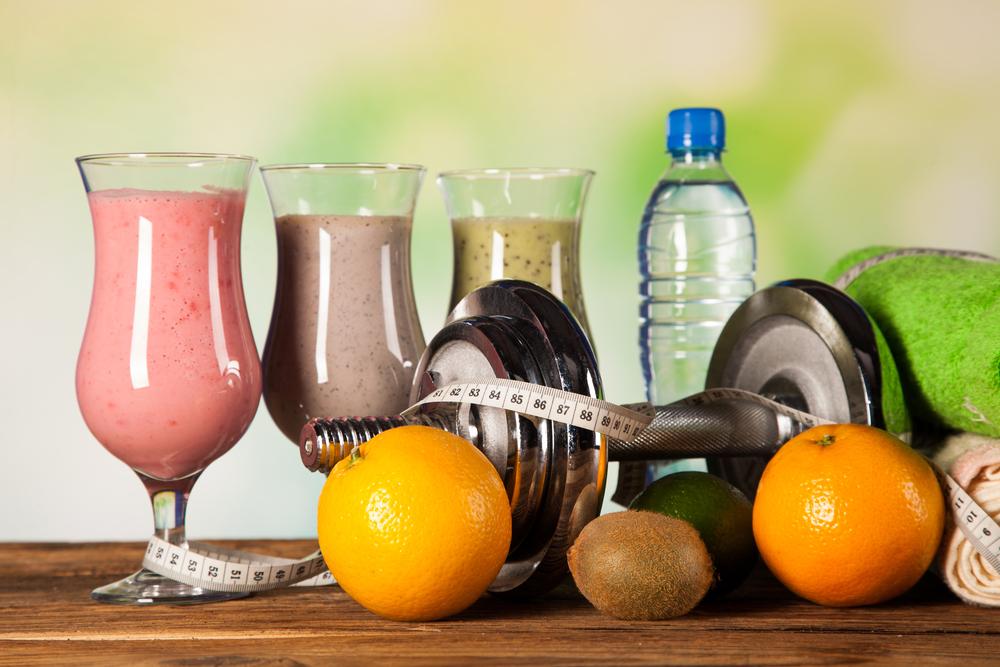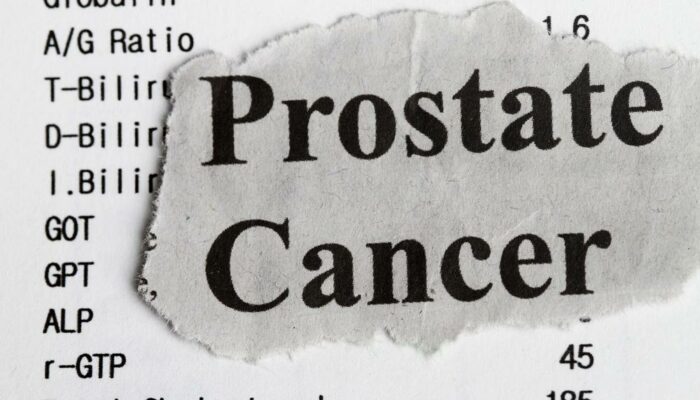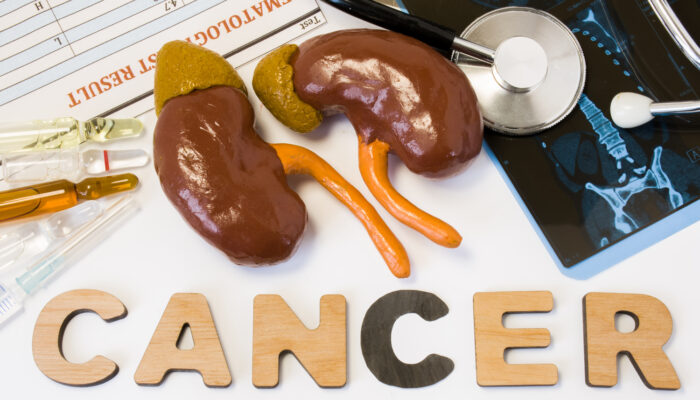
The Menopause Diet
Chances are you’ve probably heard of the Atkins diet, the Keto diet, the Dash diet, the South Beach diet and more, and surely you’ve seen the Weight Watchers and Jenny Craig advertisements. But you may less familiar with the Menopause diet, a diet heavy on foods and drinks that promote hormone balance and promote estrogen regulation in the body. Yet hormone balance and the regulation of estrogen are real challenges for millions of menopausal women and contribute to significant health challenges.
Perimenopausal and menopausal symptoms may include:
- Hot flashes
- Breast tenderness
- Worse premenstrual syndrome
- Lower sex drive
- Fatigue
- Irregular periods
- Vaginal dryness; discomfort during sex
- Urine leakage when coughing or sneezing
- Chills
- Night sweats
- Disrupted sleep patterns
- Mood swings
- Weight gain and a slower metabolism
- Thinning hair or drying of the skin
- Loss of breast fullness and tissue
Many women opt to treat perimenopause and menopause because the symptoms can be so uncomfortable. Treatments may include:
1. Hormone replacement therapy
Usually, the doctor will recommend some form of estrogen therapy. Yet such therapy does have side effects, including bloating , tenderness of the breast, nausea, leg cramps, headaches, and vaginal bleeding.
2. Diet
Indeed the side effects of hormonal therapy are often so severe that they do their best to control their pre and post menopause symptoms with more natural means, such as through diet. For instance, health experts may recommend drinking plenty of water, ensuring you get enough Vitamin D and Iron, flaxseed, soy, fruits, and vegetables, and low-calorie foods in general. Other sources also stress getting enough calcium. And don’t forgo the possible use of herbal remedies. Herbs such as angelica, hops, sage, red clover, black cohosh, licorice, wild yam, and lemon balm are just some of the natural substances that are said to promote minimizing menopausal symptoms.
3. Avoiding certain foods
Avoiding certain foods, like sugar and red meat with hormones, may help improve menopausal symptoms, while consuming good fats (i.e., avocados and coconut oil) may greatly relieves symptoms.
4. Choose what works for you
Ultimately, whether you follow a doctor’s recommendation or whether you approach menopause symptoms from a more natural approach, it’s up to you. How does your body respond to prescription medicines in general? Do you have friends that minimized their own symptoms? How did they do it? Just be aware that besides hormone treatment, there are alternatives out there that can assist you in controlling menopause.



